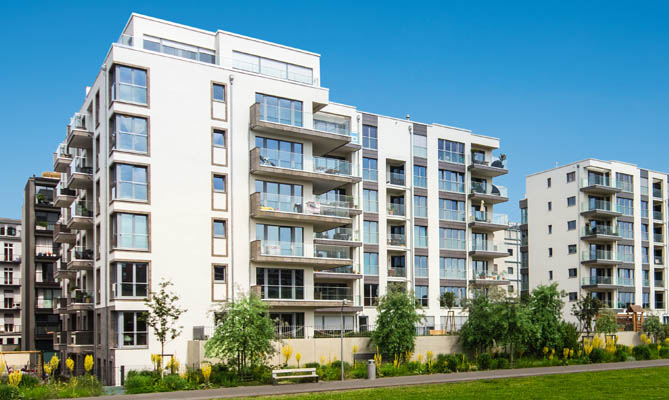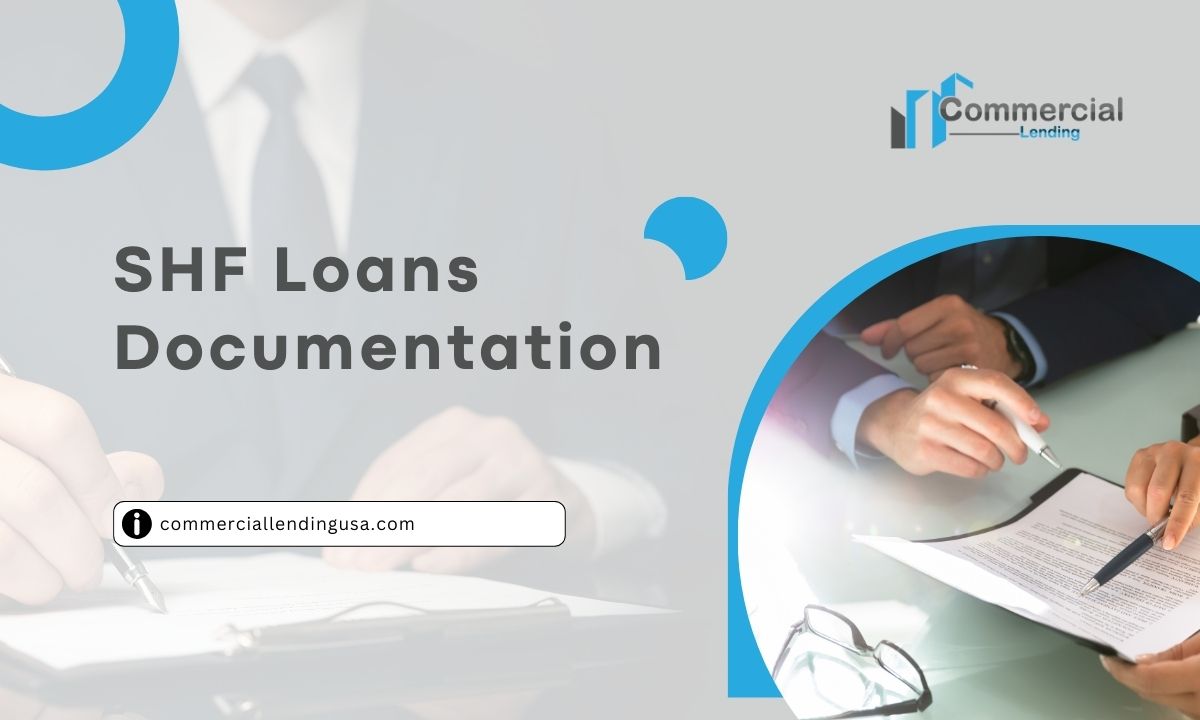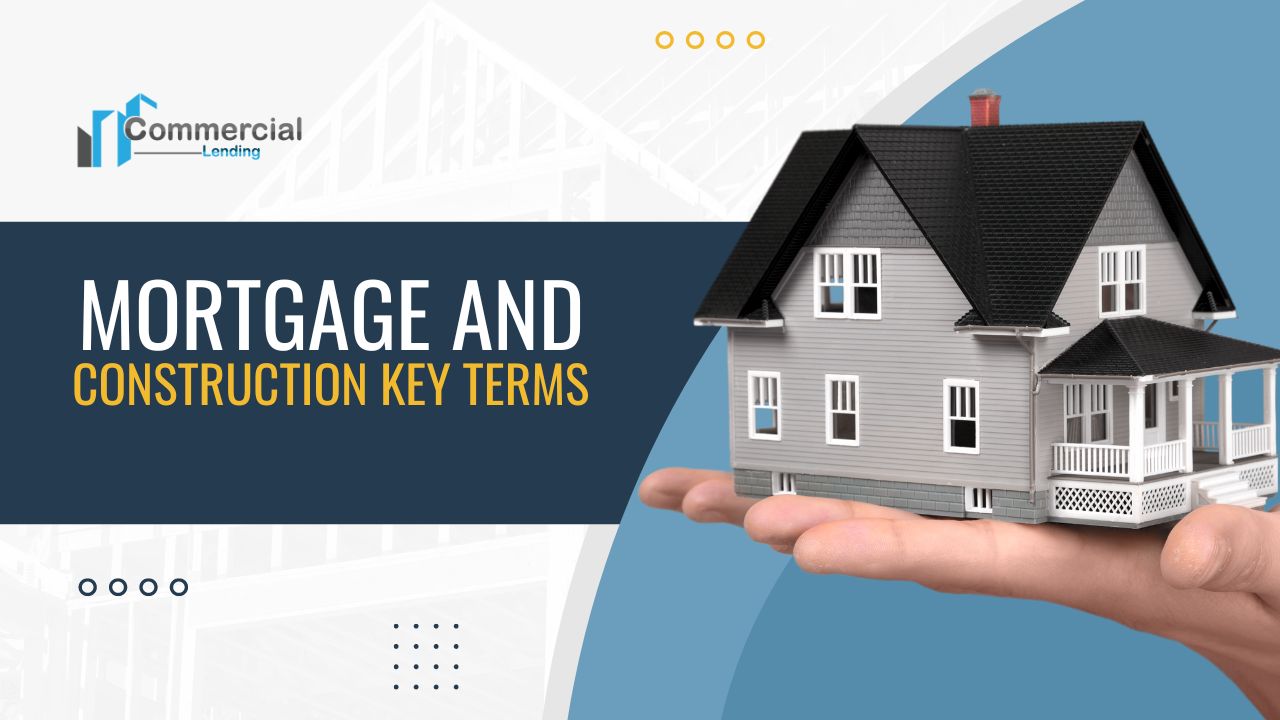

FHA/HUD Commercial Loans
What are FHA and HUD?
Under the Department of Housing and Urban Development's (HUD) purview, loans are backed by the Federal Housing Administration (FHA). This implies that in the event that you default on your mortgage, the FHA will shield your lender.
FHA/HUD Insures on Commercial Mortgage Loans
The Federal Housing Administration (FHA) provides mortgage insurance to approved lenders, enabling them to offer loans to borrowers for multifamily properties, such as apartment buildings, assisted living facilities, healthcare facilities, senior citizen housing, skilled nursing facilities, and non-profit organizations.
How does HUD help on large projects?
HUD/FHA loans provide unique advantages for affordable properties, including increased LTV allowances, reduced DSCR requirements, and lower mortgage insurance premiums (MIPs). That helps the lender fund a larger project with less risk.
FHA Mixed-Use Property Loans
The FHA 203(b) program, originally designed for residential properties, can also be utilized for mixed-use properties where most of the building is residential. The FHA mandates that the commercial area of a mixed-use property cannot exceed 25% of the total floor space. Through this scheme, investors can obtain finance with a low-down payment and advantageous interest rates.
FHA Manufactured Home Park Loans
Section 207 of the program insures mortgage loans to facilitate the construction or substantial rehabilitation of multifamily manufactured home parks. This program provides FHA loan insurance for HUD-approved lenders and helps the housing market, especially low-income groups.
FHA Loans: Revitalization Project
Section 220 covers loans for multifamily housing projects in urban renewal areas, code enforcement zones, and other places where local governments have undertaken defined redevelopment initiatives.
FHA Multifamily Loans
Section 223(f) covers mortgage loans for the purchase or refinancing of existing multifamily rental units. These projects could have been originally financed using conventional or FHA-insured mortgages. This program does not cover mortgage insurance for properties that require extensive repair.
FHA Loans: Assisted Living Housing
Section 223(a)(7) covers mortgage loans to ease the refinancing of certain FHA-insured mortgages, as well as HUD-held loans on projects pursuant to the Multifamily Assisted Housing Reform and Affordability Act of 1997.
FHA Loan: Senior Housing
Section 231 guarantees mortgage loans for the building and substantial restoration of multifamily rental housing for the elderly (62 and up) and/or people with disabilities. Occupancy is restricted to the elderly in at least 75% of units (all persons living in the unit must be 62+), with no more than 25% reserved for non-elderly disabled residents and their families. This program covers both construction and permanent finance.
FHA Loan: Care Facilities
Section 232: These loans help finance nursing homes, assisted living facilities, and board and care facilities. FHA mortgage insurance provides lenders with protection against losses as a result of borrowers defaulting on their mortgage loans.
FHA Loans: Blanket on Condominium
Section 234(d) insures blanket mortgages for the construction or major refurbishment of multifamily complexes that will be sold as individual condominium units once completed. This is a short-term loan to complete the condominium projects.
FHA Loans: Healthcare Facilities
Section 241(a) covers mortgage loans used to finance repairs, expansions, and upgrades to multifamily rental housing and health care facilities utilizing FHA-insured first mortgages or HUD-held mortgages.
FHA/HUD Loan Terms:
- $2M to $100M Loan Amount
- Loan-to-Value (LTV) or LTC Ratio of Up to 90%
- No Cash Required at Closing with Enough Equity
- FHA Insures Up to 99% of Loan Amount
Benefits of FHA and HUD Loans
- Fully Amortized and assumed—no balloon payment
- 10 Years Step Down Prepayment Penalty
Long Term Fixed Rate
- Up to 35 Years Term and Amortization (Refinance/Acquisition)
- Up to 40 Years Term and Amortization (New Construction/Substantial Rehabilitation)
Higher LTV or LTC
- 80%-90% LTV (Refi /Acquisition/ New Construction/Rehab
What is the FHA 3 Years Rule?
FHA mortgage insurance for HUD-approved lenders. Eligible activities: the property must have at least 5 residential units with complete kitchens and bathrooms that have been completed or substantially rehabilitated for at least three years prior to the date of the mortgage insurance application.
FHA/ HUD Processing Time:
| Section 220: | 9-12 Months |
| Section 241(a): | 6-7 Months |
| Section 242: | 9-12 Months |
| Section 232-223(a)(7): | 4-6 Months |
| Section 232-223(f): | 6-9 Months |
| Section 221(d)(4): | 9-12 Month |



